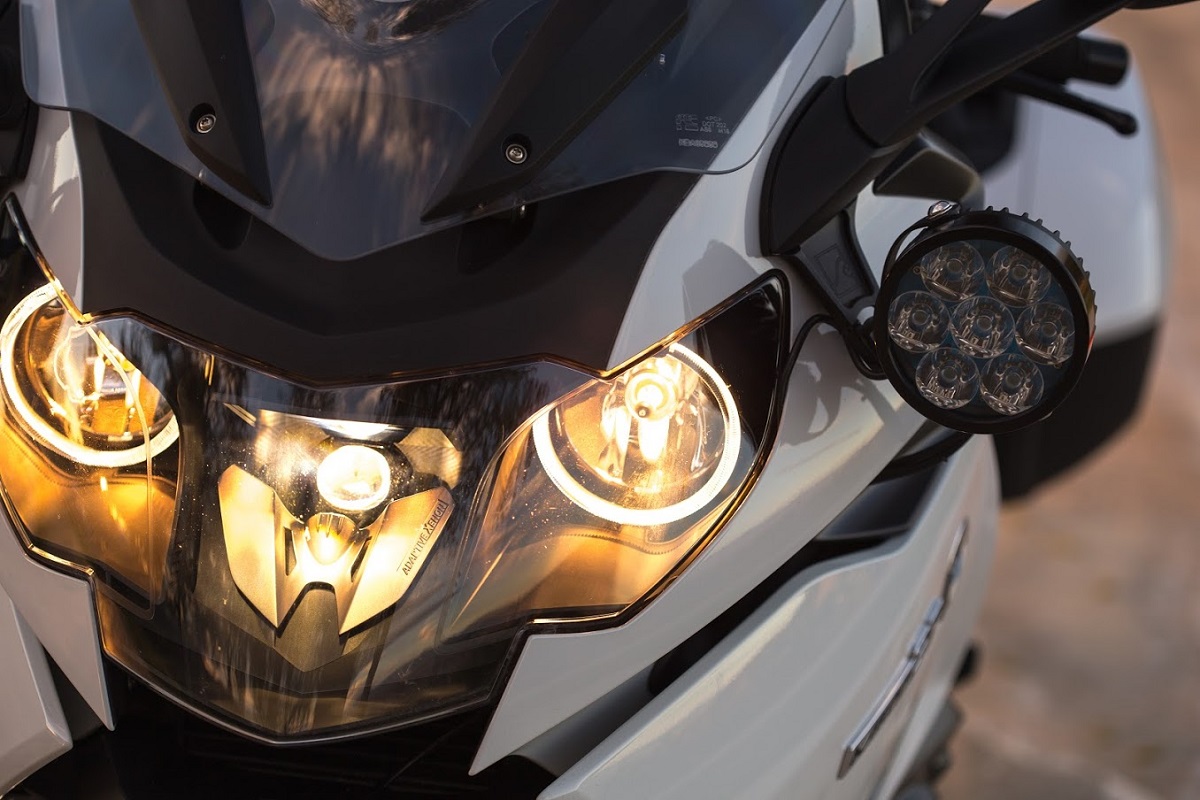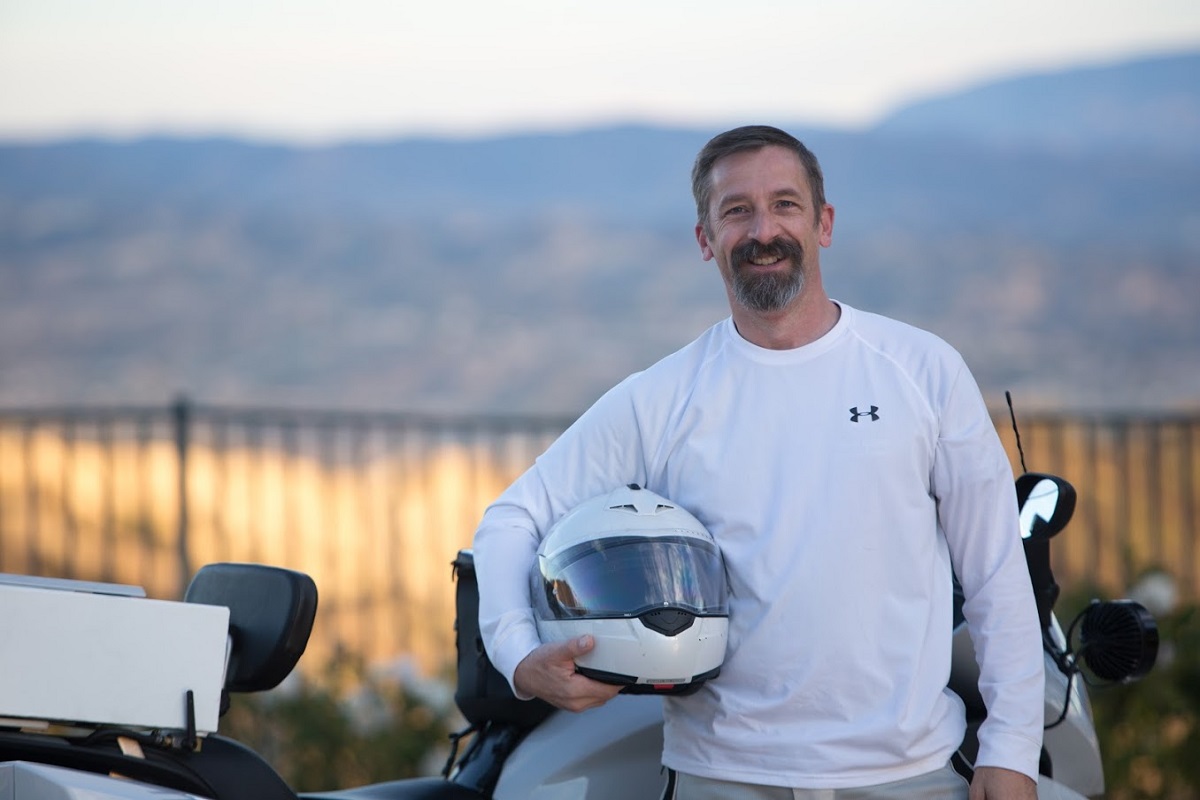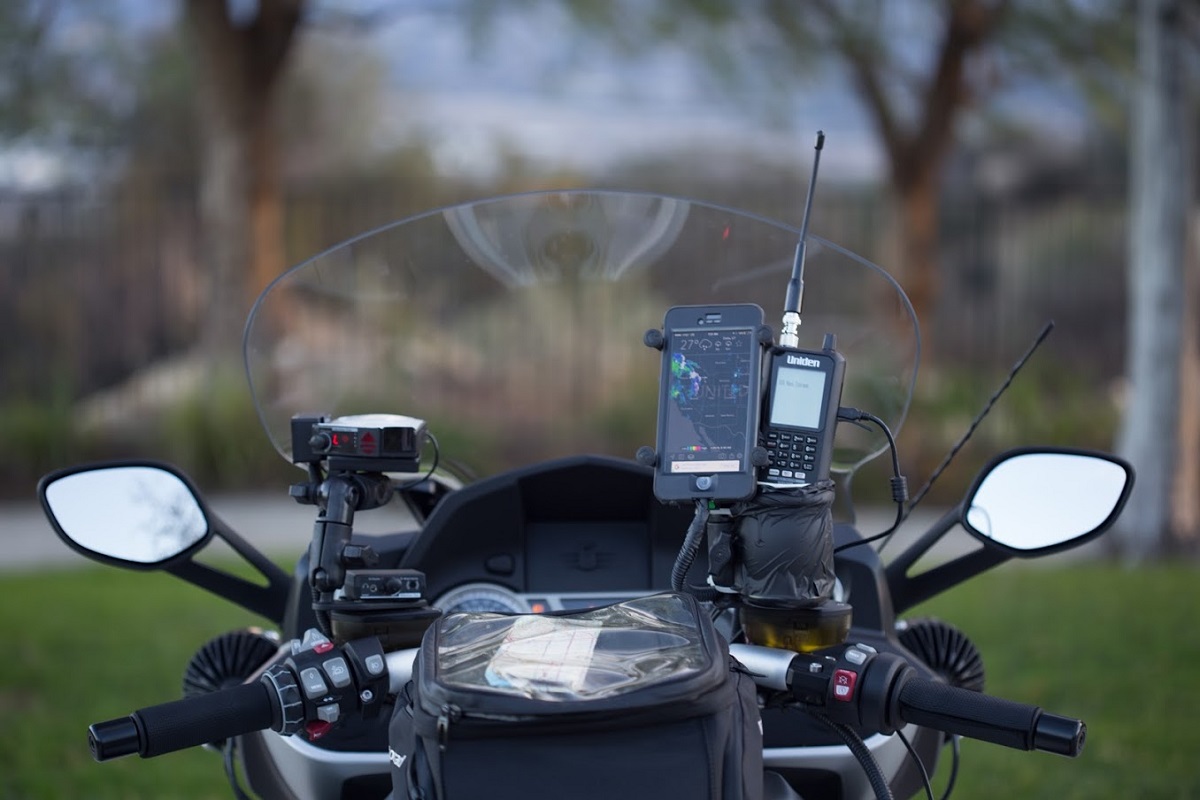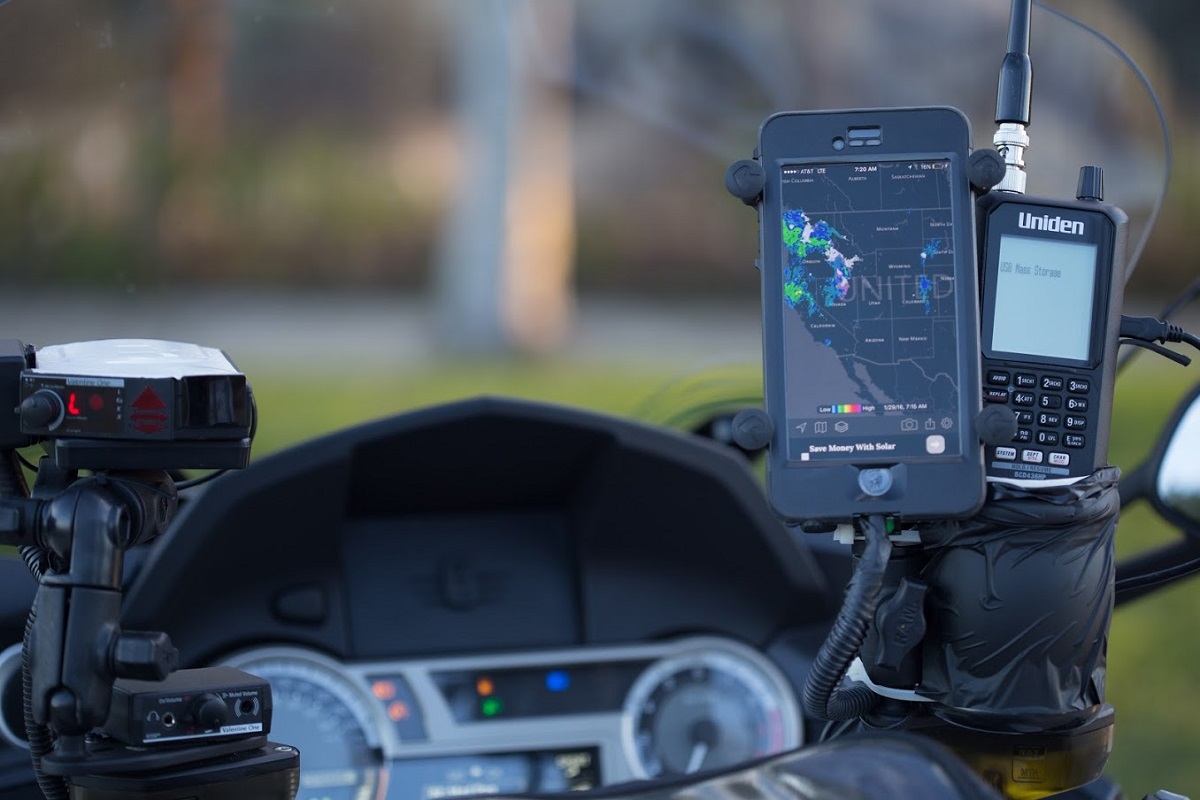When I last wrote about the evolution of the Cannonball, I talked about how the overall spirit of attempt was more important than the ultimate timecard stamp. The point was to have your own adventures, plant your own flag in the sand, and to do those things that nobody else is dedicated enough, or mad enough, to pull off. Little did I know, there was one man out there wholeheartedly carrying on this tradition.
In 2015, Carl Reese set multiple cross country records. So why haven’t you heard his name? Well, partially it is because none of them are the overall transcontinental record, and partially it is because Reese is a fairly understated man, at least compared to Alex Roy. No, Reese is not trying to break Ed Bolian‘s coast to coast record. Instead, he’s gone back to the beginning. Not back to the muttonchopped era of Yates and Gurney, but even farther, back to the man who would unknowingly lend his name to countless quasi-legal automotive events: Cannonball Baker himself. Baker set all manner of records, in all manner of vehicles over the course of his illustrious career. Consider it the shotgun approach. Why earn just one record, when you can win multiple? Hammer your way into the history books over, and over, and over. Each escapade was one more nail in the edifice of endurance driving.
Roy sums up some of Reese’s runs over at Jalopnik better than I could, so go read up on what the digital frontier of transcontinental driving consists of. But as impressive as all of the Tesla records are, Reese claimed another record that makes me weak in the knees, and sweaty in the groin.
Motorcycle.
Solo.
LA to New York City.
38 hours, 49 minutes.
Now, I’m no stranger to two wheeled shenanigans, which is explicitly why Reese’s escapades boggled my mind. A few years back, in a whirlwind of terrible decisions, I rode a Suzuki SV650 with no windscreen for 11 hours across the Midwestern United States. Then three days later, I rode 12 hours back home. Someday I’ll gather the scraps of that trip and try to turn it into a semi-coherent article. To sum up, it involved severe exhaustion, muscle cramps, nausea, self loathing, immense boredom, and random moments of sheer terror. So obviously I had to get Reese on the phone, to figure out how he did it.
I’ve now interviewed multiple transcontinental record holders. As different as they all are in outward appearances, they have a similar core. At the end of the day, once all the bravado and trash talk has fallen away, they are problem solvers. The cowboys and daredevils get arrested. The men and women who go coast to coast in less than two days with no police encounters are not reckless people. They are very focused, intelligent, people who love to deconstruct problems, and devise unique solutions to them. Reese is the same. His day job involves troubleshooting and resolving construction dilemmas. Crossing the nation on a motorcycle as fast as possible was just one more equation to solve.
The electronic countermeasures used for these types of events have been well documented, so everyone knows that that entails. Reese’s run used a similar arsenal, but he whittled it down to the absolute bare essentials. Needless to say, the dash of a motorcycle is slightly less spacious than that of a German luxury sedan. Of course there is the ubiquitous Valentine 1 and Unidan police scanner, along with laser jammers.
The BMW K1600GT remained relatively stock for this attempt. When you’re starting with a 160 horsepower motorcycle, adding more power isn’t exactly necessary. Think of it as the two wheeled equivalent of an M5. The German sport touring bikes have always been designed for exactly this type of use. So instead of adding power, Reese added usability. He had a custom, oversized gas tank that greatly increased his range. A larger windscreen was purchased to reduce the abuse his neck and shoulders would take from the wind. Because a large portion of the run would take place at night, a pair of 15,000 lumen driving lights were added. Reese bragged during out call that you could probably land a plane by these, and they could light over three quarters of a mile of desert highway. Lastly, but possibly most importantly, an aftermarket seat was swapped in, to protect his tender bits.
Reese agreed with me that mental focus was the largest hurdle to overcome. A day and a half of solo travel, with no co-driver, is a daunting prospect. I know that eight hours into my own trip, the mental and emotional strain became almost insurmountable. I may or may not have had a minor mental breakdown somewhere in western Kansas. With no company other than your own thoughts, be prepared to come to terms with who you are as a person. You will revisit every bad breakup, or argument with your family, or job loss you’ve ever experienced. So there’s something to look forward to. This is all without trying to make good time and stay aware and focused.

The correct mental outlook was the main subject of our conversation. Reese told me that he was in almost constant communication with his support teams the entire run via bluetooth in his helmet. They served as his eyes, his ears, his problem solvers, and his cheerleaders. Constant talk. Constant feedback. Constant updates. They would update him with weather reports on the fly, allowing him to adjust his strategy in real time. Think of it as outsourcing your co-driver.
Exhaustion is always a factor on endurance events, but that factor is increased exponentially on a motorcycle. The sensory overload that makes bikes so entertaining on back roads will wear you down on the open road. Even with a fantastic touring bike like Reese’s BMW, exhaustion the biggest enemy. As a precaution about this, Reese told me that his team utilized a scale of one to ten to measure wakefulness. Similar to how hospitals develop a scale for pain, this system allowed them to quantify an inherently subjective metric. Utilizing this, whenever he edged into the dangerous half of the scale, his team could instruct him to pull off the road for rest or caffeination. For six weeks prior to the run, he abstained from stimulants, which ensured both that any caffeine taken on the trip would be that much more effective, and also that he would not experience any drowsiness due to withdrawal. If this seems like overkill, you’ve never nodded off while piloting a motorcycle. I’ve had it happen once. Never again.
Speed is the aspect that everyone wants to know. How fast did he go? Where were the stretches of triple digit cruising? Honestly, I have no idea. I never asked. For me, the overall time is almost irrelevant. More important is the fact that he did it at all, time be damned. Sure, his time is what got him into the books, but I’d still be interested if it took him 48 hours. Maybe I’m jaded after having a bit of experience in this world, but I think the adventure itself is still more important. Yes, beating another record is what gets you the attention (it’s how I got involved, so I’m a hypocrite, I know, let’s keep going), but beating your own record, or your own expectations is far more valuable.
I know people dislike men like this getting press. I understand that. But I feel that these events are such an intrinsic part of our collective culture, that to ignore them is to whitewash our own history. The Cannonball is an undeniable aspect of the automotive Zeitgeist. My role in all of this is just to serve as a historian. Short of Yates and Roy’s books, and a handful of blog posts, there is little hard data on this phenomenon. Reese is seeking to change that. He is using his own record run to draw attention to a documentary being produced on the history of transcontinental motorcycle runs. For as little Cannonball information as there is, almost nothing is known about those few motorcycle madmen who set out to break records.
George Egloff got a handful of minutes in the infamous 32 Hours 7 Minutes documentary, but little else is known aside from a throwaway sentence or two about Cannonball Baker. Reese was passionate about wanting to share these stories of triumph and adversity with the public. These days, every motorcycle manufacturer has private racetracks and computer simulations to test durability of new machines, but that wasn’t always the case. For many years, the only hard data manufacturers had was when someone rode one of their machines some incalculable distance. Little was known about road conditions, or tire durability, until someone finally put them both to the test. Even today, manufacturers look to extreme real world tests to understand their products. Reese told me that Tesla made some software updates to the autopilot systems of the Model S after his record setting run. Nobody had ever used it for that long, at those speeds, so new data was brought to light.
So please, help out their project if you can. For all of us. These stories deserve to be told, and their accomplishments shared. To a large percentage of the populace, their knowledge of the Cannonball begins with Burt Reynolds, and ends with Raul Julia. This is one of those rare instances where the truth is less believable than the fiction.
Those stories have been lost in the fog of rumor and speculation. Until now.




